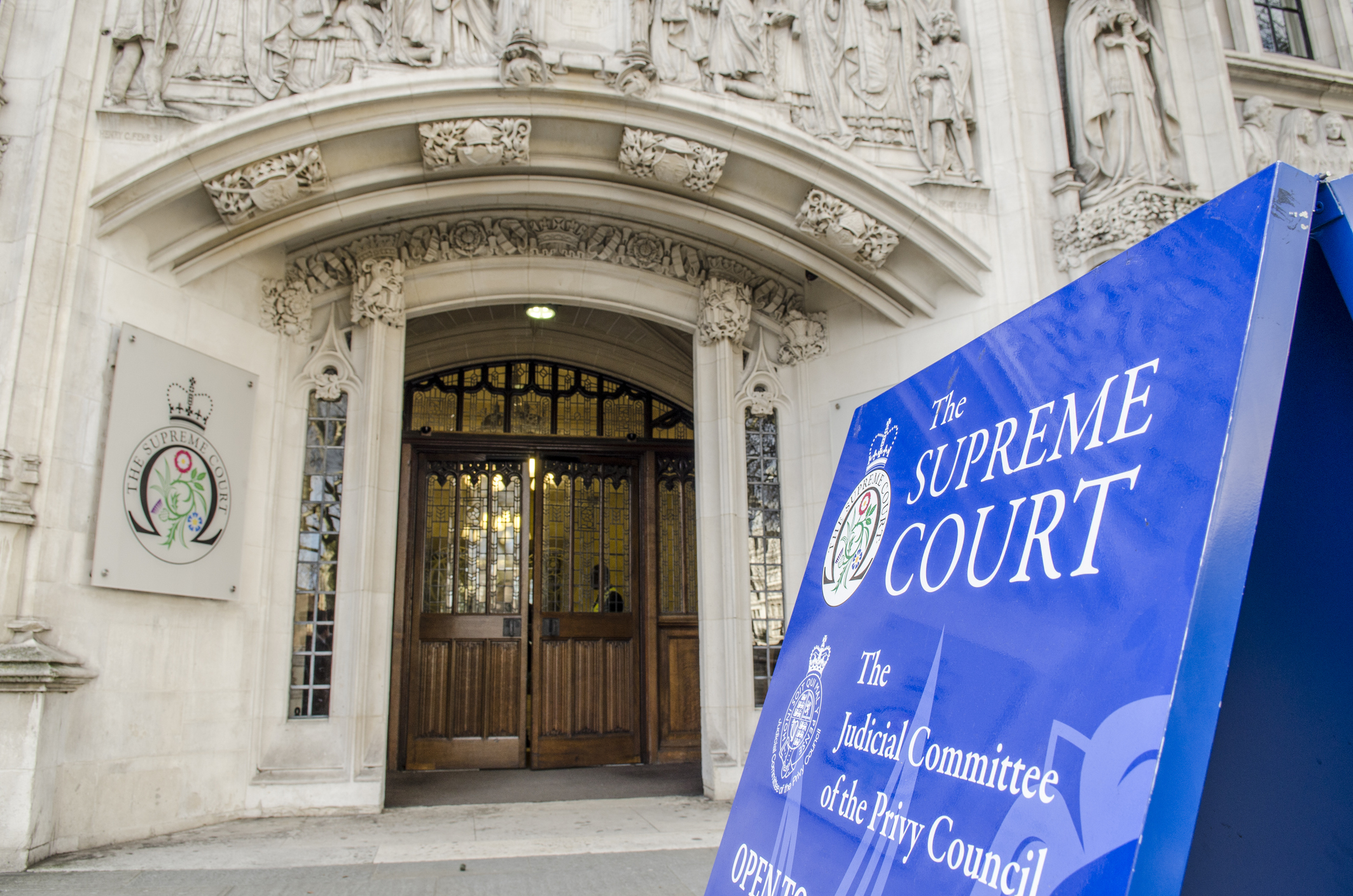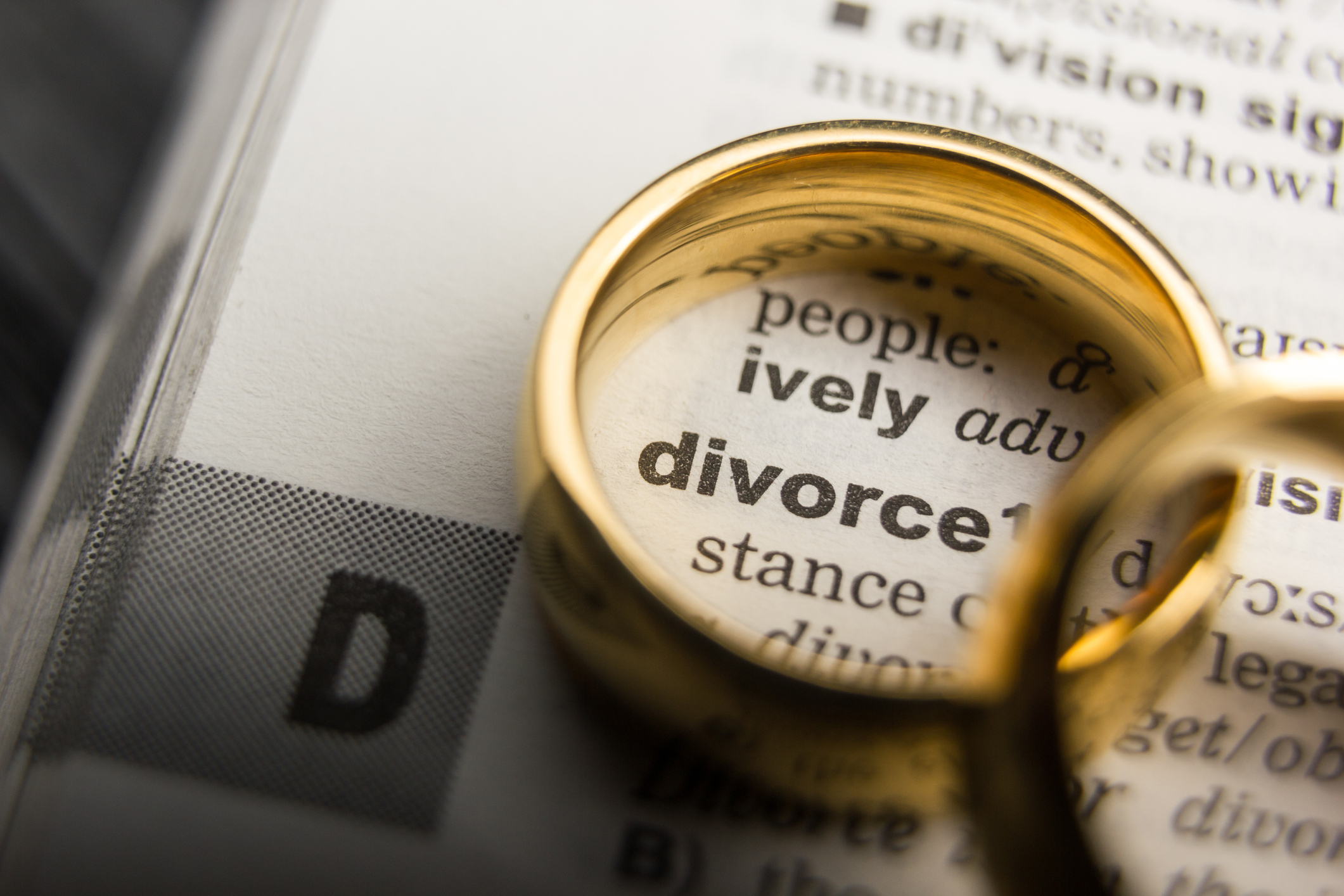Family
Welcome to the Stephens Scown Info Hub for Family – home to our latest legal news, insights, videos and FAQs.
- Adoption
- Alternatives to Court
- Arrangements for Children
- Brand Protection
- Brexit
- Business Disputes
- Business Law
- Buying and Selling Your Home
- COVID-19
- Charities
- Child Abduction
- Children
- Children in Care
- Cohabitation
- Commercial Property
- Community News and Giving Back
- Construction
- Corporate and Commercial
- Data Protection
- Disputes with Businesses
- Divorce and Separation
- Domestic Abuse
- Employee Ownership
- Employment and HR
- Energy
- Family
- Finances Following Divorce and Separation
- Finances for Children
- Food and Drink
- Healthcare
- High Net Worth
- Holiday and Residential Parks
- Immigration
- InSync
- Inheritance and Trust Disputes
- Insolvency and Bankruptcy
- Intellectual Property
- International Divorce
- Landlord and Tenancy Disputes
- Leisure and Tourism
- Marine
- Mining, Minerals and Waste
- Money
- Personal Disputes
- Planning
- Pre and Post Nuptial Agreements
- Property Disputes
- Public Sector
- Real Estate
- Recruitment and Careers
- Regulatory Compliance and Enforcement
- Residential Property
- Rural
- Social Housing
- Stephens Scown News
- Technology
- Unmarried Couples
- Wealth Protection and Planning for Later Life
- Wills and Inheritance Planning
Family Latest Articles
View AllFamily Video Lounge
View AllOur Family Lawyers
View AllFamily Top FAQs
Personal
View all personal FAQs-
A pre-nup or pre-nuptial agreement is an agreement entered into by a couple ahead of their wedding setting out how they will hold their assets whilst married and how their financial claims would be dealt with in the unlikely event that they ever divorce. A post-nup or post-nuptial agreement is like a pre-nup but entered into by the couple after they marry.
-
When determining an appropriate financial settlement, the Court’s first consideration will be the welfare of any minor children of the family who have not yet attained the age of eighteen, this does not however mean that their welfare overrides all other considerations. The Court must then consider the various factors set out in Section 25 of the Matrimonial Causes Act 1973, which are: (a) the income, earning capacity, property and other financial resources which each of the parties to the marriage has or is likely to have in the foreseeable future; (b) the financial needs, obligations and responsibilities which each of the parties to the marriage has or is likely to have in the foreseeable future; (c) the standard of living enjoyed by the family before the breakdown of the marriage; (d) the age of each party to the marriage and the duration of the marriage; (e) any physical or mental disability of either of the parties to the marriage; (f) the contributions which each of the parties has made or is likely in the foreseeable future to make to the welfare of the family, including any contribution by looking after the home or caring for the family; (g) the conduct of each of the parties, if that conduct is such that it would in the opinion of the court be inequitable to disregard it.
-
Interim maintenance is financial assistance paid by one spouse to the other whilst divorce proceedings are progressing. Either party is able to make an application for interim maintenance once the divorce application has been filed with the court. The applicant will need to prove that financial assistance is indeed required from the other spouse in order to meet their income needs; the focus will be on their immediate needs rather than long term requirements.
-
Both the capital value of any business that a spouse has an interest in, and the income it generates will be taken into account on divorce. How the business is treated on divorce will depend on the other assets in the case and how dependent the couple are on the income from the business to meet their outgoings. Businesses are dealt with in different ways depending on the circumstances of the case.
-
A separation agreement may be entered into by spouses who imminently plan to be, or are currently, separated but not divorced. The agreement will set out the spouses financial arrangements whilst they are separated, but remain married. However, a separation agreement is not legally binding so it is important to be aware of the risks that may bring before entering into one.
-
Decree Nisi is the first main stage of the divorce and when it is pronounced, it is confirmed that the Court do not consider there to be any reason why the divorce cannot proceed. 43 days after the pronouncement of Decree Nisi, the petitioner is able to apply to the Court for Decree Absolute. For Divorces filed after 1 April 2022, a Conditional Order will be received instead of a Decree Nisi and a Final Order instead of Decree Absolute.
















